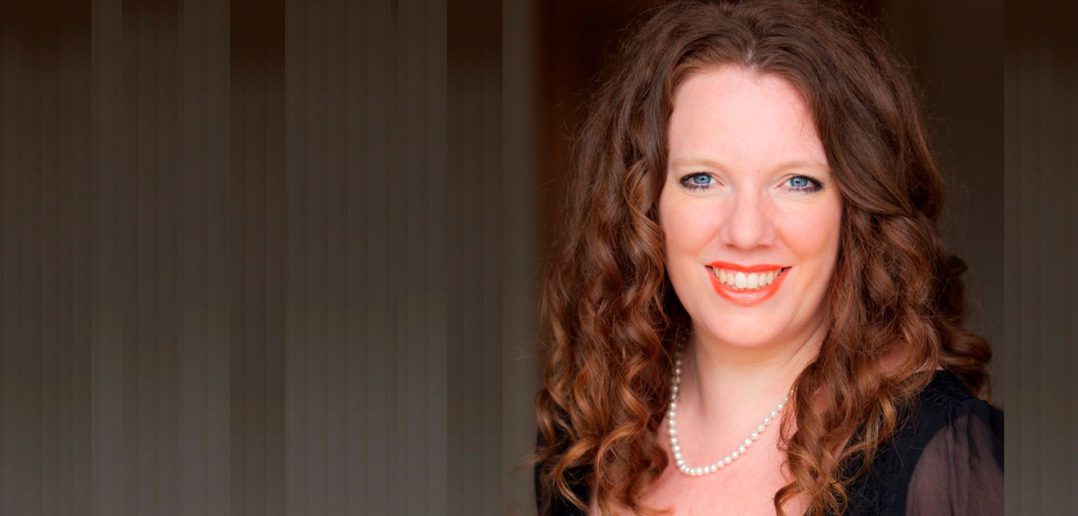Kate Beal is the CEO of Woodcut Media, a company specialised in the production of documentaries, specialist factual and factual entertainment, as well as lifestyle programming, providing innovative and entertaining programmes for UK and international broadcasters. Ahead of MIPCOM 2018’s focus on diversity and inclusion, she gives her insights on the theme, as part of our series of diversity influencer interviews.
MIPBlog: This will be the third consecutive year since 2016 that MIPCOM focuses on diversity in entertainment. What progress do you feel has been made since then? What progress remains to be made?
We are certainly talking about it more which is a very good thing, but we need to ensure that it’s not just talking. The TV industry is very good at that! I hope alongside the discussions and debates there has been real positive action within networks across the globe and the production companies that produce the content. Earlier this year there was an article in Broadcast stating that more diverse faces on screen led to better viewing figures (a pretty obvious statement but clearly needed saying). So, from this we can see there has been a change for the better of representation on screen, but the stats and facts are still shocking across the board – especially when it comes to the creative senior level such as directors.
> #metoo has been the biggest movement in terms of diversity this past year. How has it impacted the TV industry in particular?
It’s had an enormous impact across the industry in many ways… Firstly, it’s enabled women to speak openly to each other about their past experiences. Even if they aren’t pointing fingers at the person involved it’s been a cathartic experience for individuals to be able to chat to each other and realise that they weren’t the only ones. Understand that it was #metoo, and that, at a fundamental level has had a positive impact on the mental health of many.
Perhaps the most obvious way it has impacted has been the firings/prosecutions/public outings of unacceptable behavior. Shining a light on these incidents has enabled victims of sexual abuse and violence to speak out and receive justice. And although the type of sexual harassment we talk about has mainly effected women, lets also not forget that in some cases, men have also been sexually harassed. So, its more about not tolerating any form of sexual misconduct!
Lastly, is the impact on the women working in the industry on a day to day level. The next generation coming through are bolder than ever before and the line of what is and what isn’t acceptable is becoming more defined. However, there is still a long way to go. We have decades of a predominantly patriarchal culture to change and that isn’t going to happen overnight. Even in the most forward thinking, inclusive company, instances of harassment can still happen. People still think they might lose their job if they ‘make a fuss’. It is our duty now as leaders to make sure that everyone knows that they are supported and listened to when they speak out and say #metoo.
> At MIPCOM 2017, Sir Lenny Henry suggested tax breaks for diverse programming were a good way forward. Do you agree?
I’m not 100% sure that tax breaks are the right solution. People should already be hiring diverse talent for both on and off-screen roles – they shouldn’t be rewarded for something that is simply good practice. However, I do think an enforceable quota system is an idea to explore further. Starting with the networks who then filter it through to the production companies they work with.
And when I use the word ‘enforceable’ I mean it both in the sense that the companies have to comply with both the meaning and the letter of the law laid down – not just get away with it. And if they don’t… then there are real financial/business consequences.
It feels like we have spent a lot of time talking nicely about diversity. Although there are some improvements it’s not happening at a great speed. Quotas might perhaps get us there faster.
> Are all sectors of diversity progressing at a similar rate, or are some doing less well?
I think the one area of diversity we’re not talking enough about is economic diversity. It’s a fundamental issue in television – for many years it has predominantly been largely populated by middle class people whose parents were able to financially care for them while they took their early steps in their career. We need a new prism through which to discuss and resolve the challenges of class, gender, ethnicity, disability, one that acknowledges the extent to which these issues intersect to the detriment of people in society.
> How diverse do you hope TV will be by 2020? What would it take to get there?
I hope we’ll be a lot closer to full inclusivity… to do it, we need to keep talking, but focus more on the action.




